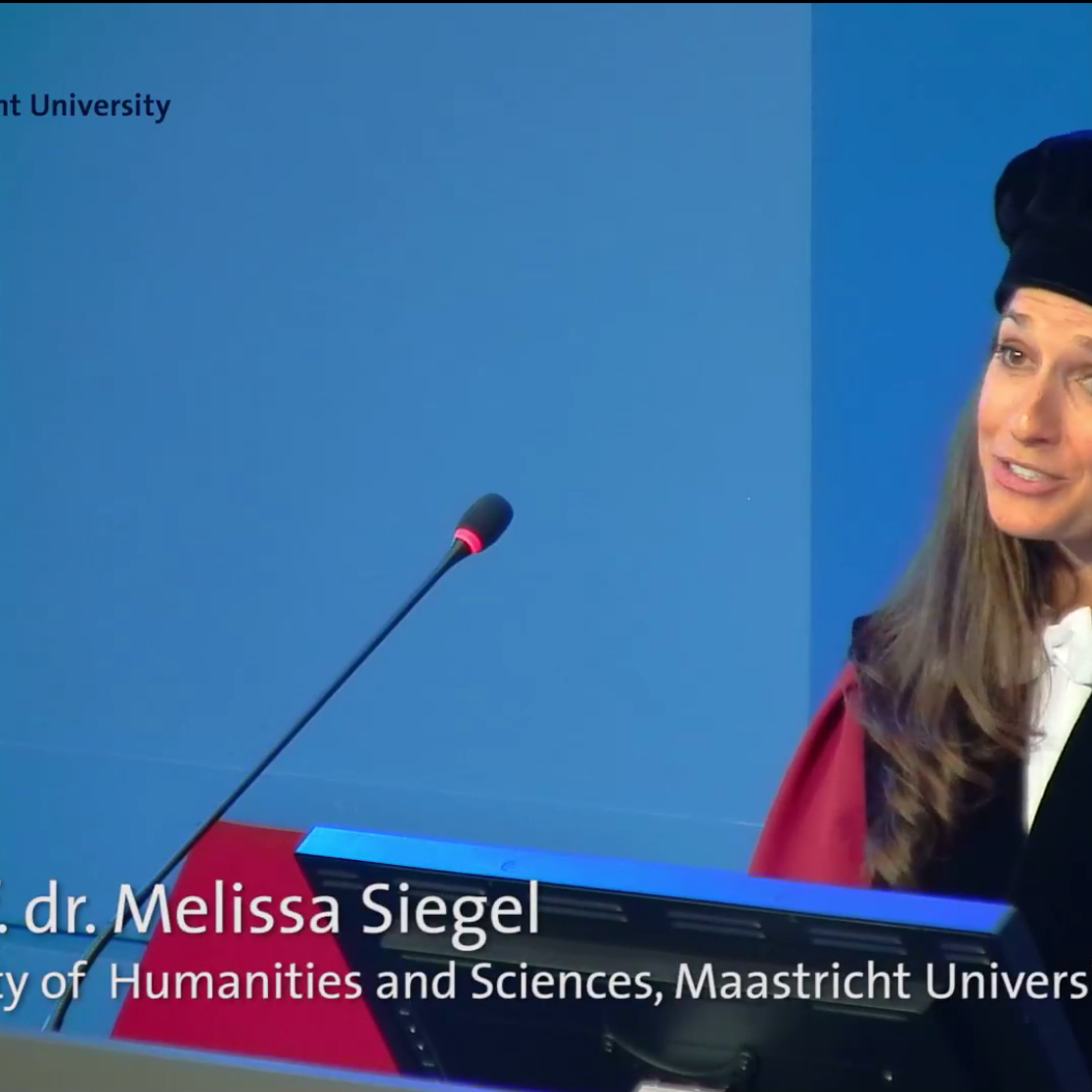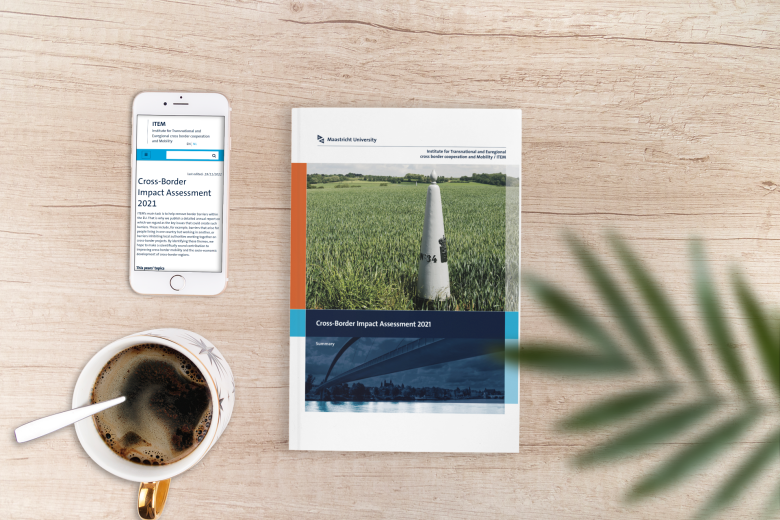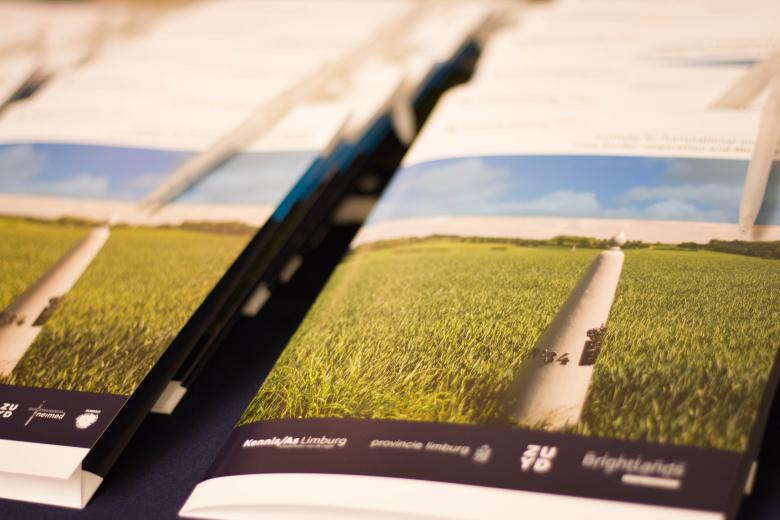Migration &: The Depth and Breadth of Migration Studies
What do we consider a migrant? What drives migration? And how does migration interact with other areas? These are topics Prof. dr. Siegel covered in her inaugural lecture in June 2017.
On 2 June 2017, Prof. dr. Melissa Siegel successfully delivered her inaugural lecture ‘Migration &: The Depth and Breadth of Migration Studies’ which is now available online. In the article ‘Making Migration A Priority: Prof. Melissa Siegel’ by Howard Hudson we learn more about Siegel’s story.
Prof. dr. Melissa Siegel
Professor Siegel was appointed Professor of Migration Studies at Maastricht University in August 2016. She leads the Migration and Development research theme at UNU-MERIT and its School of Governance. Prof. Siegel is also Co-Director and head of the Migration and Development research theme of the Maastricht Centre for Citizenship, Migration and Development (MACIMIDE), the Coordinator of the UNU Migration Network and a board member of the Hague Process on Refugees and Migration. She is also part of Expertise centre ITEM’s Scientific board regarding the topic of migration studies and coordinates the ITEM PhD-research project ‘Understanding the decision of international migrants to stay or leave the Euroregion’.
Watch the video of her inaugural lecture below or click here.

Also read
-
ITEM Cross-Border Impact Assessment 2021 published
Due to the Corona crisis, also many cross-border workers are forced to work in their home country. They have been asked not to cross the border to come to their office situated in the neighbouring country. At the moment, this is only possible because the Dutch, Belgian and German governments have...

-
ITEM calls for participants of survey about international migrants in the Euregio Meuse-Rhine
Maastricht University researchers are currently calling for people to take part in a survey about the reasons for highly-skilled international migrants to come to live and/or work in Limburg (NL) or the Euregio Meuse-Rhine. By participating, you can help make internationals’ lives, like your own, in...

-
ITEM’s prospective study on understanding the decision of international migrants to stay in or leave the Euregio Meuse-Rhine (EMR), which officially starts in 2017, is being prepared.
ITEM researchers kicked off the preparatory work for ITEM’s prospective PhD research project with the title “Understanding the decision of international migrants to stay in or leave the Euroregion” starting in 2017.
